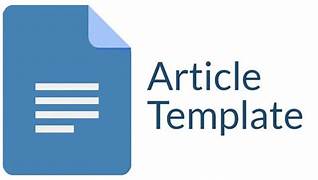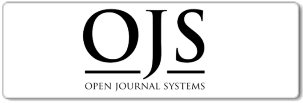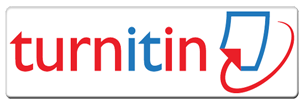PENGARUH UKURAN PERUSAHAAN DAN PROFITABILITAS TERHADAP AGRESIVITAS PAJAK (Studi Empiris pada Perusahaan Manufaktur Sektor Barang Konsumsi yang Terdaftar di BEI Selama Periode 2017-2019)
DOI:
https://doi.org/10.51804/iej.v4i2.1746Abstrak
ABSTRACT
This study aims to analyze and test empirically the effect of company size and profitability on tax aggressiveness (empirical study of consumer goods sector manufacturing companies listed in BEI during the 2017-2019 period). The research method used in this research is quantitative method. The data source used is secondary data obtained from the official website of the Indonesia Stock Exchange. The sample used in this study is the consumer goods sector manufacturing companies listed on the Indonesia Stock Exchange by using purposive sampling in order to obtain 18 companies. To determine the effect of company size and profitability, multiple linear regression analysis, partial hypothesis testing, simultaneous hypothesis testing and determination coefficient analysis (R2) were used. The analysis tool used is the SPSS version 20 program. The results of research that have been carried out using multiple linear analysis of the t test and F test. The t test in this study shows that company size has an effect on tax aggressiveness. This is evidenced by the value obtained, which is a significance value of 0.003 <0.05, meaning that H1 is accepted. Profitability has no effect on tax aggressiveness. This is evidenced by the value obtained, which is a significance value of 0.060> 0.05, meaning that H2 is rejected. The F test in this study shows that company size and profitability have an effect on tax aggressiveness. This is evidenced by the value obtained, which is a significance value of 0.005 which is smaller than 0.05, which means that H3 in this study is accepted.
Keywords: Company Size, Profitability, Tax Aggressiveness
Unduhan
Diterbitkan
Cara Mengutip
Terbitan
Bagian
Lisensi
This work is licensed under the Creative Commons Attribution-ShareAlike 4.0 International License.
You are free to:
- Share — copy and redistribute the material in any medium or format for any purpose, even commercial purposes.
- Adaptation — mixing, changing, and developing materials for any purpose, even commercial ones.
Under the following terms:
- Attribution — You must give appropriate credit , provide a link to the license, and indicate if changes were made . You may do so in any reasonable manner, but not in any way that suggests the licensor endorses you or your use.
- ShareAlike — If you remix, transform, or build upon the material, you must distribute your contributions under the same license as the original.
- No additional restrictions — You may not apply legal terms or technological measures that legally restrict others from doing anything the license permits.








